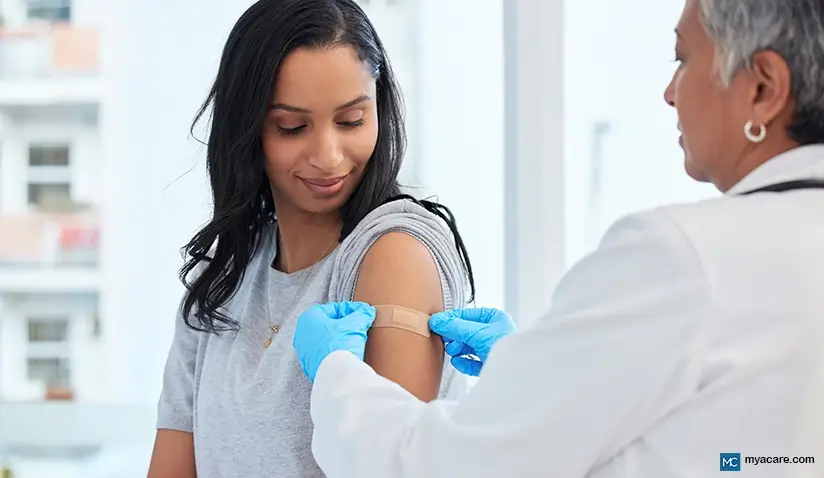Do I Need Vaccinations Before I Travel?

Over the last few years, international travel has become more common due to increased accessibility, the upsurge in Middle Class households in countries such as China and India, and generally cheaper airfares due to increased competition. In fact, According to the International Air Transport Association (IATA), in 2016 there were 3.8 billion air travelers, a number it predicts will almost double to 7.2 billion passengers by 2035.
As a consequence of this, it is important to think about how to travel safely and make sure to think about precuations such as travel insurance. Additionally, many people traveling to new locations for the first time may not be aware about the health-related precautions of a new country such as vaccinations.
Travel vaccination/ travel vaccines (TVx) are different from the normal vaccines that at some point you may have received in your home country. What is considered a regular vaccine varies according to geographical location, but they tend to be recommended by the central government based on endemic/ common diseases that are present in and impose danger for the local population.
TVx are meant to protect travellers and people in their surroundings from diseases that travelers are unlikely to find in their home country. For example: You need a set of vaccines for India that is different from the set of vaccines for Thailand or the set of vaccines for Malaysia. This is because each place have its own diseases and you should be protected against them and prevented from infecting others.
At a basic level, most governments and healthcare experts recommend the Hepatitis A, Hepatitis B and Typhoid vaccines for international travellers. The Hep B vaccine is specially recommended for countries with high incidence like China, Albania, Mali and Zimbabwe. The Typhoid vaccine is mostly for travellers that will be exposed to native food and water. The Hep A vaccine is the only one that the medical and scientific community recommend for all travellers and it makes sense, this disease is extremely contagious and can lead to severe hepatic problems.
A normal set of vaccines for India or Africa would include the BCG vaccine (Tuberculosis), common vaccines for Thailand almost always include those against Diphtheria or Cholera and vaccines for Malaysia normally aim to prevent Rabies (among other things).
Please keep in mind, there is a difference between a recommended vaccine and a required vaccine. Many vaccines are only recommended, which means that you are not obligated to get them. Some countries due to their own travel regulations do require proof that you received a certain group of vaccinations before letting you in or out. This measure may seem extreme but is meant to protect the population from outbreaks of potentially deadly diseases. For example, Thailand requires travellers coming from a country with yellow fever to present proof of vaccination before letting them in. You can find a simple list of vaccines and travel destinations for which they are recommended here.
Even if a vaccine is only recommended, that doesn’t mean that you are always at low risk of being infected by its corresponding disease. Many factors will increase that risk. Mainly, the activities that you have planned for your travel, age, your underlying health (medical history) and which vaccines you’ve got will increase or decrease the risk of infection. If this is your first time travelling, we highly recommend consulting with an authorized healthcare provider which vaccine are right under your particular circumstances.
If you have a big trip coming you should schedule any required vaccinations at least 1 month before your departure. This is because some vaccines need time to provide effective protection.
As we mentioned before, the details of TVx will vary according to many factors, so is simply not possible to summarize all possible situations in a single short article, however, the information provided here will allow you to understand better the reasons behind this procedure and its importance.
Here are some final recommendations to stay safe and healthy during your travels:
- Try to have a pre-travel health assessment with your healthcare provider. In it he/she should advice you on topics like insect avoidance, injury prevention, safe food and water, self-treatment for diarrhea, medical insurance issues, etc.
- Keep an eye on health notices for the places you’ll be visiting. Information is usually available about recent outbreaks, changes in the quality of healthcare and natural disasters. The CDC site provides this information for most countries.
- Avoid contact with sick people.
- Wash your hands regularly using soap or alcohol-based hand sanitizer and avoid non-pasteurized dairy products.
To search for best healthcare providers worldwide, please use the Mya Care search engine.
References
Featured Blogs



